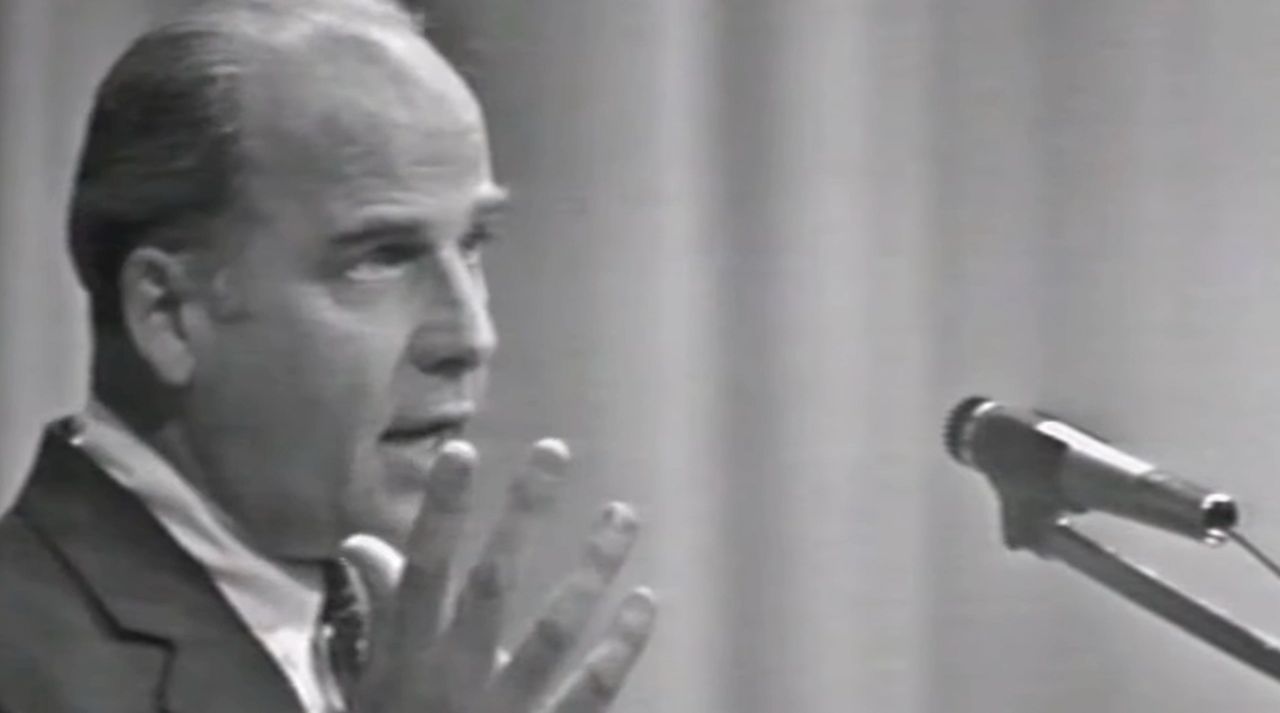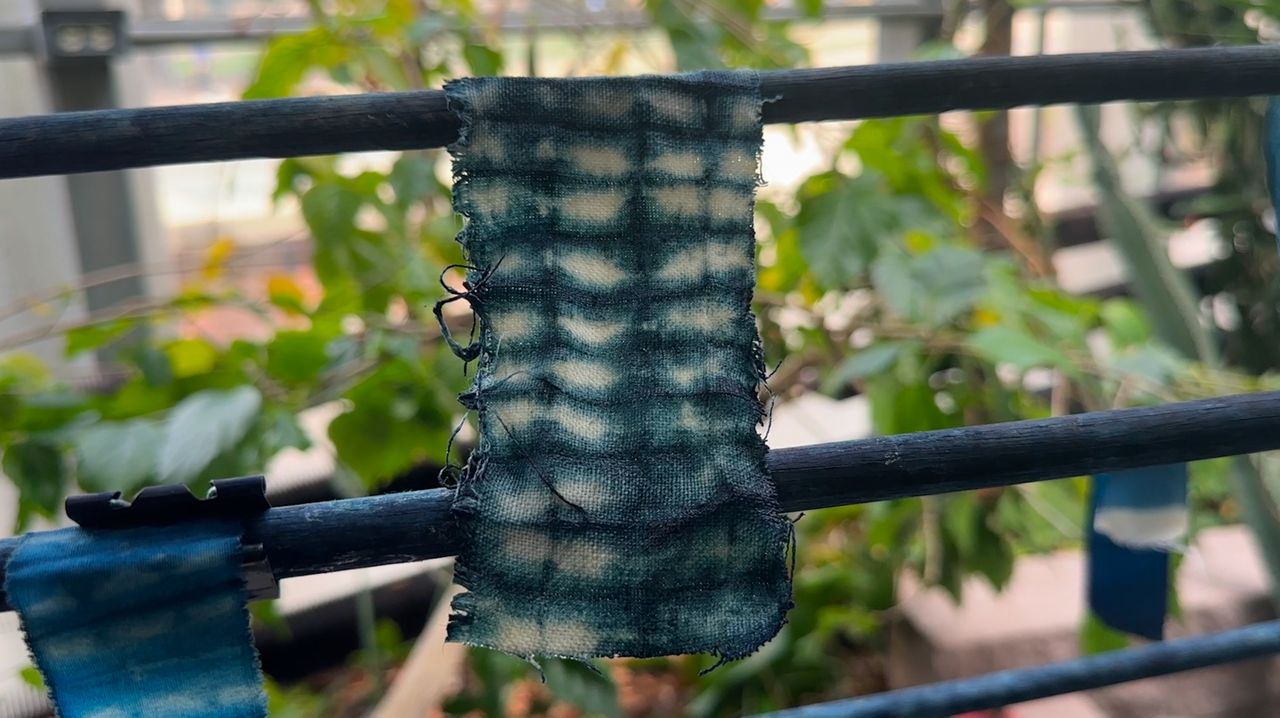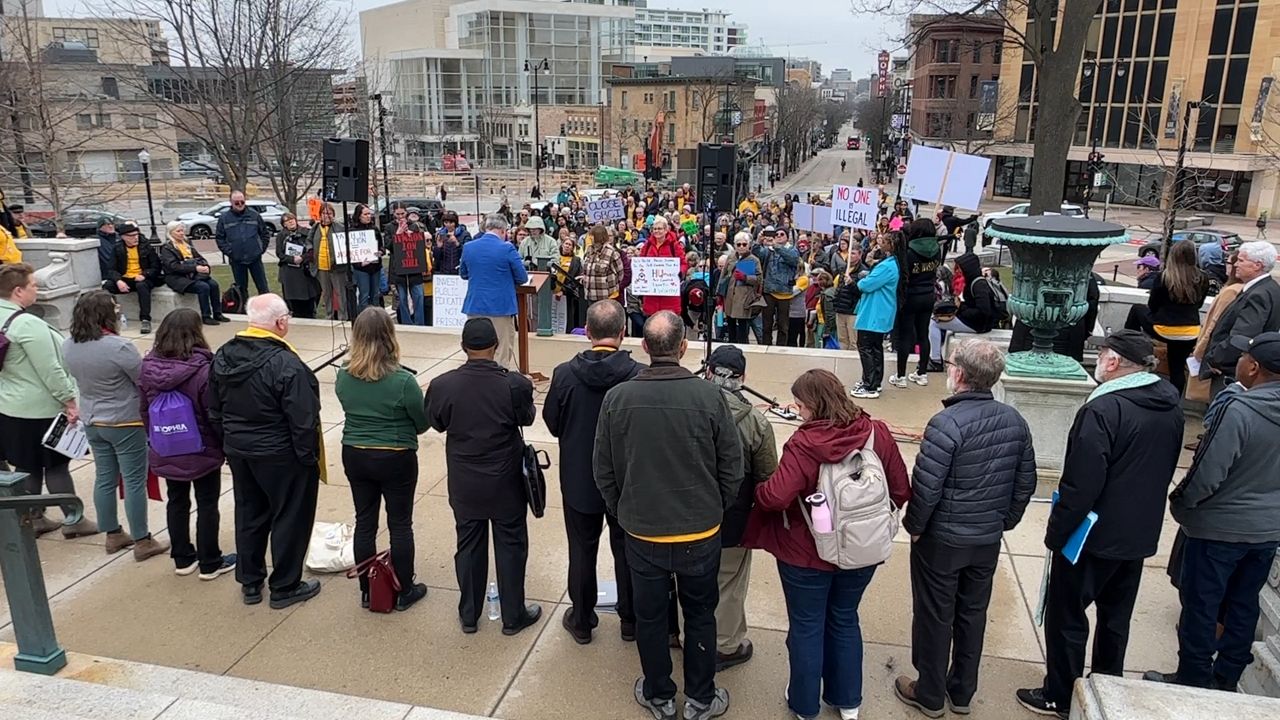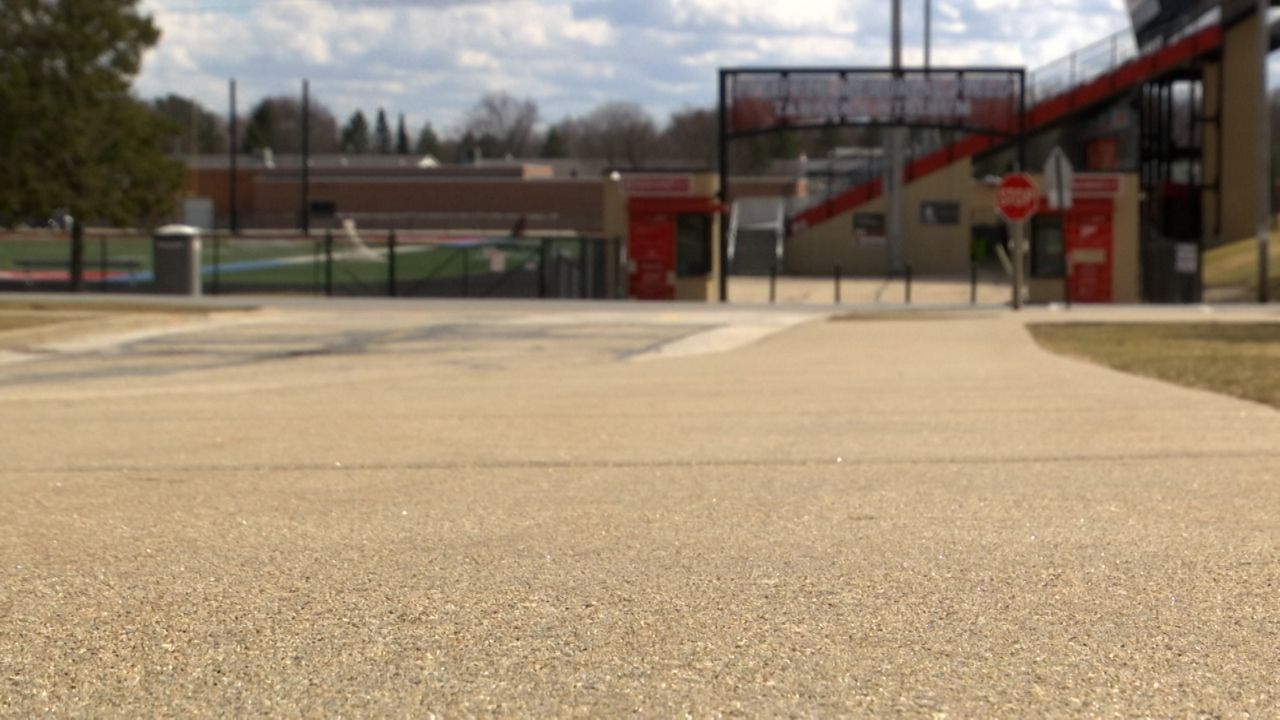MADISON, Wis. — The University of Wisconsin-Madison is hosting Earth Fest this week to promote sustainability and pay tribute to the mission of Earth Day's founder.
Nathan Jandl is the associate director of sustainability at UW-Madison.
On Monday, he dipped cotton into indigo dye made from plants as part of an event promoting why natural dye is safer for the environment than some of its counterparts such as synthetic dye.
Jandl said these educational events were inspired by the founder of Earth Day and former Wisconsin Senator Gaylord Nelson.
“When he came up with this idea for Earth Day, it was originally a teach-in. Twenty million people participated," said Jandl. "This was 54 years ago today, April 22nd 1970. It happened all across the country and as he said, not quoting him directly, he could have never planned for 20 million people. This happened because the ideas took root.”

These ideas continue at UW’s Nelson Institute of Environmental Education, named after the Earth Day Founder.
Jandl said this has turned into many different types of research.
“Anything from PFAS in the water, methane in the Arctic, air pollution and the effects on global health and that’s one of the really amazing parts being in a place like UW-Madison is that the research enterprise is so strong and there are so many things that are going on at all times," said Jandl. "Nelson is the hub and the vortex of where that all comes together.”
Sara Holwerda is a lecturer in the department of design studies.
She said she hopes to show the public how environmentally taxing the fashion industry can be.
“Especially in terms of synthetic dyes and finishes which require a lot of our water supply can also make the wearer and the producer sometimes ill and so natural dyes are just an alternative for producing beautiful colors, hopefully in a more sustainable and regenerative way,” said Holwerda.

There will be events like this for the rest of the week at Earth Fest.
For Jandl, this is an opportunity to connect with the public.
“When you talk to people about the environment, you talk to them about things that they care about in their everyday life whether it’s clean water or clean air or the ability to go outside and garden and know that the soil is not contaminated,” said Jandl.
Jandl said he hopes that people use Earth Day to think about their impact on the planet, like Nelson once inspired the public to do.
CORRECTION: A previous version of this story misspelled Sara Holwerda's name. This has been corrected. (April 23, 2024)










